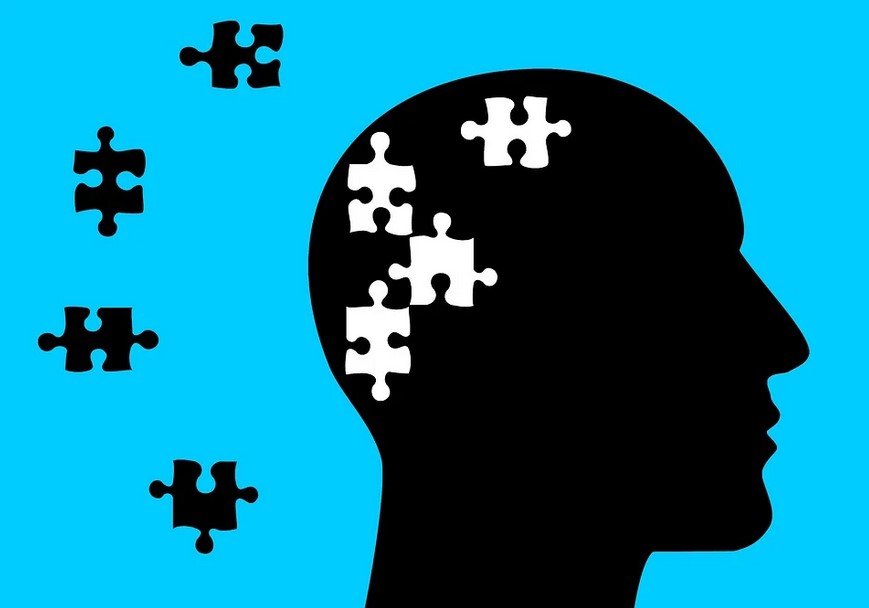Vascular dementia can happen slowly, however is typically the result of a stroke. It is viewed as the second most commonplace reason for Alzheimer’s or dementia. Strokes is not always the cause for vascular dementia, and it could also develop due to high blood pressure, smoking, high cholesterol, and other health problems. Such problems can all contribute to lower circulation of nutrients and circulation to the brain, leading to dementia.
Vascular Dementia
Vascular is described as anything that has to do with the vessels in your body, particularly blood vessels. It is a particular condition where arteries or blood vessels to the brain is impaired. Insufficient blood flow can damage and ultimately kill cells throughout the body; however, your brain is the most susceptible. Brain cells which are deprived of oxygen that are carried by blood vessels dies eventually, influencing cognitive function that results in dementia.
Risk Factors Of Vascular Dementia
Generally, the risk factors that contribute to vascular dementia is equal to those for stroke and heart disease, which include:
- Age – The risk of vascular dementia increases for the elderly and is more dominant after the age of sixty-five.
- Stroke and heart attack – Blood vessel impairment in the brain causes heart attacks and is the same for a mini-stroke or stroke. This can lead to dementia due to the blood flow to the brain being impacted. Modern heart and vascular imaging center offers quick and easy scan which can help with preventing future heart attacks, strokes and also help diagnose early stages of heart disease.
- High cholesterol – High levels of LDL (bad cholesterol) are linked to an enhanced risk of vascular dementia.
- Atherosclerosis – This condition is an abnormal aging of arteries. It generates deposits of cholesterol and other plaques to accumulate in narrow blood vessels and arteries which results in lowering a flow of blood that nourishes your brain, increasing the risk for vascular dementia.
- Diabetes – High sugar/glucose levels can damage the blood vessels through your entire body, causing a higher risk for stroke or vascular dementia.
- High blood pressure – When your blood pressure is hight, it places additional stress on blood vessels anywhere in the body, including your brain. If your loved one had a stroke and you are worried about their wellbeing it is better to contact providers of in home care assistance sooner rather than later.
- Smoking – Smoking can lead to various health issues, including vascular dementia, and atherosclerosis, because it damages blood vessels.
- Obesity – This is a proven health risk factor for all vascular problems, including vascular dementia.
- Atrial fibrillation – This rapid, abnormal, and uneven heartbeat in the upper heart chambers can amplify the risk of stroke due to causing blood clots.
Vascular dementia develops slowly over time, so does Alzheimer’s disease, however it is typically as a result from stroke. Alzheimer’s is genetic a lot of times and might be a result of lifestyle and health problems. The influence of vascular impairment to your cognitive skills can vary, contingent on the level of blood vessel damage and the area in the brain which is affected.
Symptoms Of Vascular Dementia Due To A Stroke Include:
- Disorientation and confusion
- Difficulty understanding speech and speaking
- Trouble with concentration or paying attention
- Indecision
- Memory loss
- Inability to arrange thoughts or actions and communicating them
- A decline in analytical capability
- Agitation and restlessness
- Feeling apathic or depressed
- Walking and balance problems



